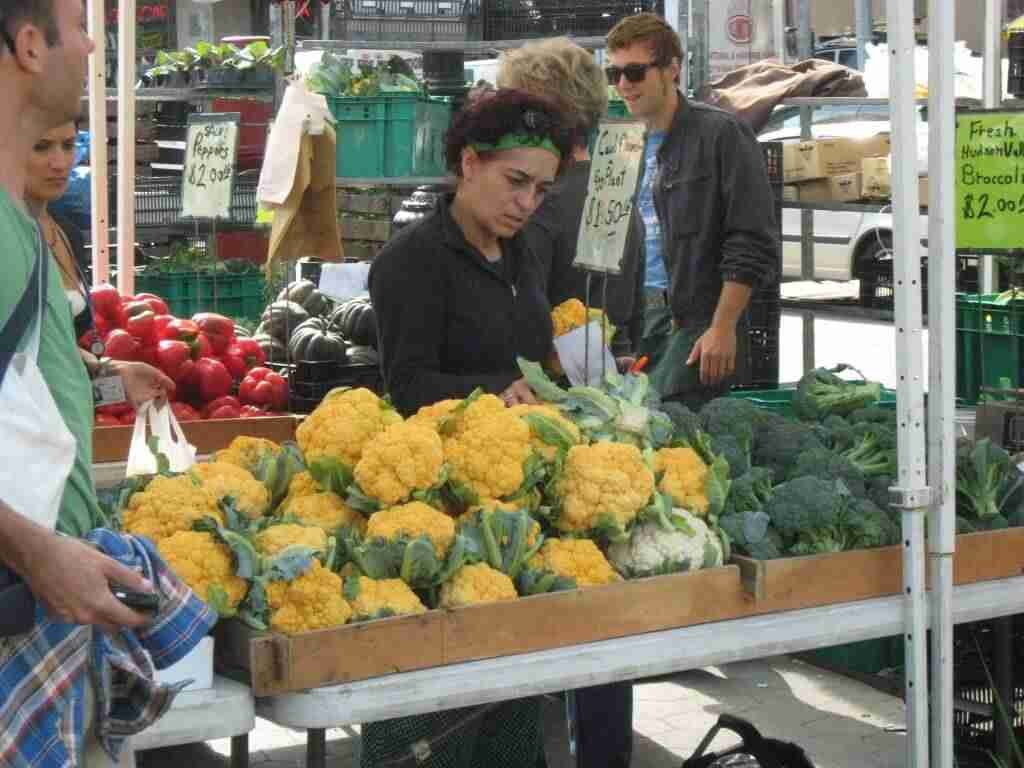Table of Contents
ToggleBeing Smart About Going Organic
Eating healthy, organic foods can be expensive but that doesn’t mean you have to give up on your meal plan or health goals. With some smart shopping, you can purchase quality foods without breaking the bank.
Here are a few tips for saving money on organic food:
Buy In Season:
The best way to save money is to shop for produce when it is in season and most abundant. This will help reduce prices and ensure you have access to quality produce throughout the year. By buying in season, you are also supporting local farmers and reducing your carbon footprint by reducing the distance your food has to travel.
Find Deals At Farmers’ Markets:
Stock up on seasonal fresh fruits and vegetables directly from small, local farms at farmers markets – this often means great discounts! Be sure to ask vendors about their yearly Subscription Plans Which Usually Offer Further Savings. Many also offer great deals on organic, grass-fed meat and dairy products. Buying directly from the source not only supports local businesses but also ensures that you are getting the freshest and most nutritious produce possible.
Join A CSA (Community Supported Agriculture):
Community Supported Agriculture allows members to buy shares of a farm’s harvest and receive weekly deliveries of high-quality organic foods in exchange! It’s a great way to support local farmers, reduce your carbon footprint and have access to fresh and nutritious produce.
When you join a CSA, you not only receive weekly deliveries of fresh produce but also get the opportunity to be part of a community that values health, sustainability, and supporting small-scale farmers. By buying shares from local farms, you are directly supporting their livelihoods and helping them continue growing healthy and organic crops for our communities.
Buy Organic Dry Goods In Bulk:
When stocking up on organic dry goods like grains and beans, aim for buying them in bulk as this can save you quite a bit of money in the long run due to reduced unit costs per product! Plus, it’s an eco-friendly option as it reduces packaging waste.
Shop Discount Stores:
Shopping at specialty shops or discount stores may draw lots of attention because of their flashy packaging and advertising tactics – don’t be fooled! Look for certified organic labels before making any purchases as many of these items may contain synthetic pesticides/herbicides which could be harmful to your health down the line! Keep in mind that just because a product is labeled as “natural” or “organic” does not necessarily mean it is certified. Always do your research and read labels carefully.
We understand that shopping for organic products can be overwhelming and confusing at times. That’s why we have made it our priority to source only from trusted and reputable suppliers who follow strict guidelines for growing and handling organic produce. This ensures that our customers are getting truly organic products without any harmful chemicals or additives.
Utilize Coupons & Apps:
Check out websites such as Thrive Market for organic groceries with additional savings coupon codes – apps like Groupon also provide special discounts on select items so take advantage when given opportunities like these! Don’t forget to subscribe to their email newsletter for exclusive coupons and deals as well.
Being a savvy shopper is key when it comes to maintaining an organic lifestyle. With the rising cost of organic products, it’s important to use any resources available to save money. One great way to do this is by utilizing coupons and apps that offer discounts on organic groceries.
One popular website for purchasing organic groceries is Thrive Market. Not only do they have a wide selection of organic products, but they also offer coupon codes for additional savings. Simply search for “Thrive Market coupon codes” online and you’ll find numerous options to choose from. By using these codes at checkout, you can save even more money on your purchases.
Plant An Herb Garden:
You don’t need expensive equipment or greenhouses to start growing herbs at home – all they require is a little bit of love and care! Planting an herb garden indoors or outdoors will allow you access to fresh herbs throughout the year while being cost-effective too! Plus, having a herb garden not only adds to the aesthetic of your home but also provides numerous health benefits.
Be Smart About Going Organic
In conclusion, being smart about going organic is all about balance. As we’ve discussed in this post, there are many ways to incorporate organic foods into your diet without compromising on quality or overspending. From shopping at local farmers’ markets to buying in bulk and freezing produce for later use, there are plenty of budget-friendly options out there.
And let’s not forget the health benefits of choosing organic – reducing exposure to harmful chemicals and supporting sustainable farming practices.
So why not rethink your grocery list and make room for some organic choices? Remember, it doesn’t have to be all or nothing – even incorporating a few organic items can make a positive impact on your health and the environment.
Next time you’re at the grocery store, think twice before reaching for that non-organic apple, and instead consider investing in your overall well-being by choosing its organic counterpart. It’s time to be smart about going organic and make conscious choices that align with our values and goals. Your body will thank you, and so will your wallet in the long run.
Now go out there and conquer your grocery game with savvy decision-making!

